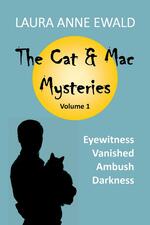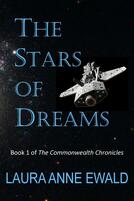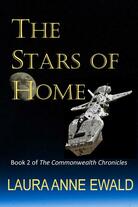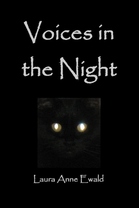
Who I Am:
A former librarian turned freelance writer and editor. An eclectic scholar with degrees in classical studies, drama, library science, and organizational communication. I am committed to the concept of “Everyman Theatre,” bringing Christ’s message to the world via good storytelling, whether it is in the form of novels, plays, or puppet theatre. I share my Mississippi home with my retired parents and an every-changing assortment of adopted stray cats.
Please take a look around my site and use my "Contact Me" form to let me know what you think! You can find pictures of all my feline pals along the way and use the available links to purchase my books. Happy reading!
A former librarian turned freelance writer and editor. An eclectic scholar with degrees in classical studies, drama, library science, and organizational communication. I am committed to the concept of “Everyman Theatre,” bringing Christ’s message to the world via good storytelling, whether it is in the form of novels, plays, or puppet theatre. I share my Mississippi home with my retired parents and an every-changing assortment of adopted stray cats.
Please take a look around my site and use my "Contact Me" form to let me know what you think! You can find pictures of all my feline pals along the way and use the available links to purchase my books. Happy reading!
NEW TITLES Available from Kindle & Amazon!

You Can Do It!
An Introvert's Guide to Public Speaking
You can successfully learn to stand up in front of any audience and present on any topic, if you put the effort into becoming a public speaker. Speaking publicly is less about talent and more about preparation and technique. The purpose of this book is to help you to understand what you need to become an effective speaker and to give you the tools you need to put it all together for an effective public presentation. Will it take away all your fears and doubts? No one can promise that. But I can promise you will find herein the tools to effectively overcome those fears, those doubts, long enough to successfully present the next time your boss, your organization president, a civic leader, or your pastor looks directly at you and says, “That should be the topic of our next meeting; who wants to volunteer?” And who knows? You might, like this introvert, discover that with enough preparation and practice, you can actually get pretty good at it.
An Introvert's Guide to Public Speaking
You can successfully learn to stand up in front of any audience and present on any topic, if you put the effort into becoming a public speaker. Speaking publicly is less about talent and more about preparation and technique. The purpose of this book is to help you to understand what you need to become an effective speaker and to give you the tools you need to put it all together for an effective public presentation. Will it take away all your fears and doubts? No one can promise that. But I can promise you will find herein the tools to effectively overcome those fears, those doubts, long enough to successfully present the next time your boss, your organization president, a civic leader, or your pastor looks directly at you and says, “That should be the topic of our next meeting; who wants to volunteer?” And who knows? You might, like this introvert, discover that with enough preparation and practice, you can actually get pretty good at it.
Also available from Amazon.com:
|
The Cat & Mac Mysteries,
Volume I Mac is a Seattle police detective turned private eye; Cat is a Pioneer Square gallery manager with a secret. Together, they make the perfect team. Follow the adventures of Cat and Mac as they race against time to solve a murder in Eyewitness, find a missing woman in Vanished, avoid assassination in Ambush, and stop a madman from living out a deadly fantasy in Darkness. Each episode is also available separately from Kindle. |
This website and its content is copyright of Laura Anne Ewald, © 2022. All rights reserved.







